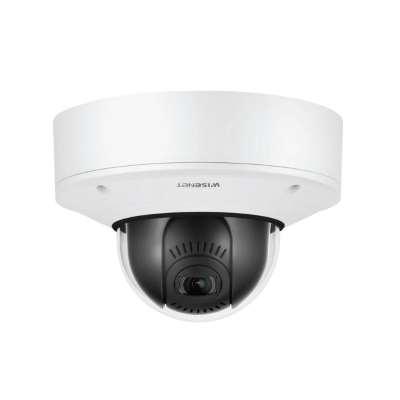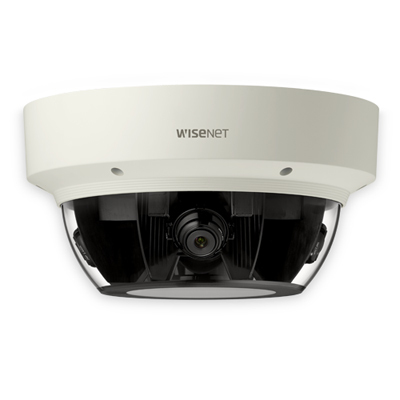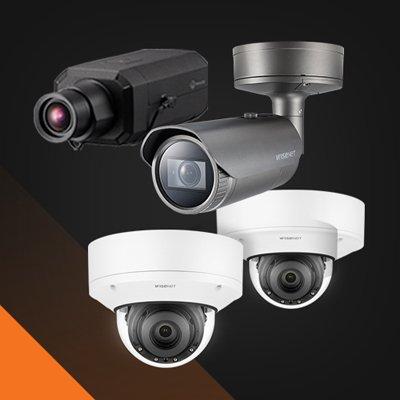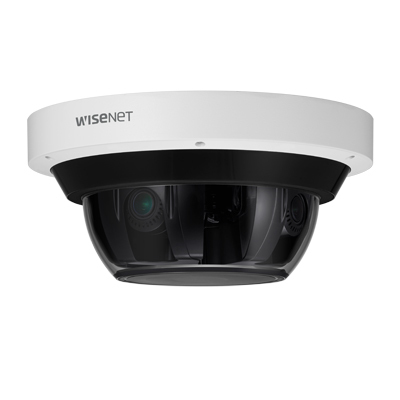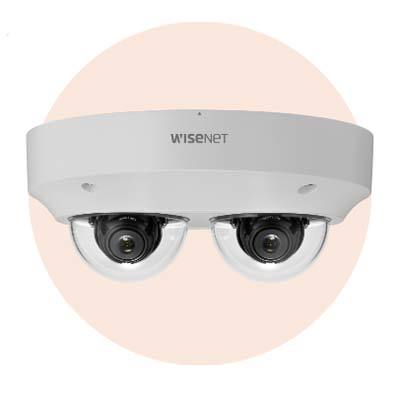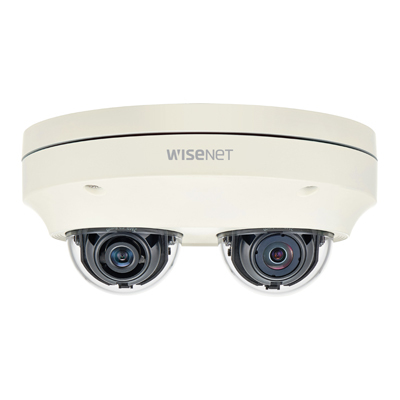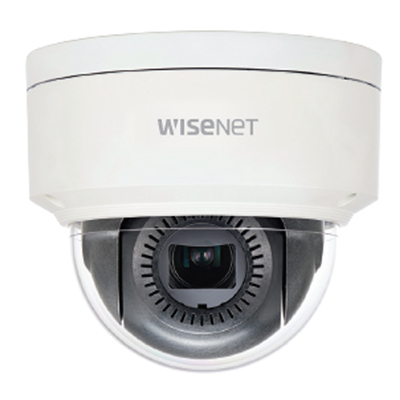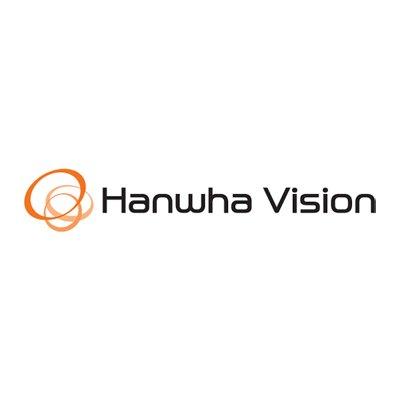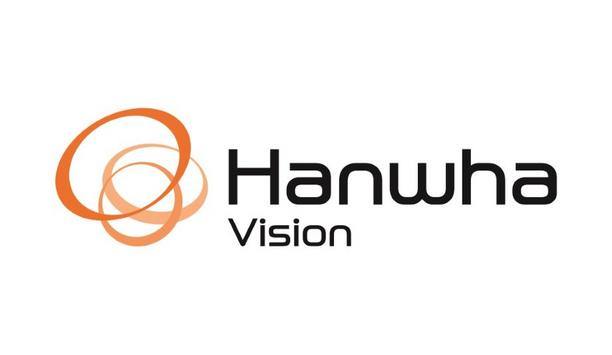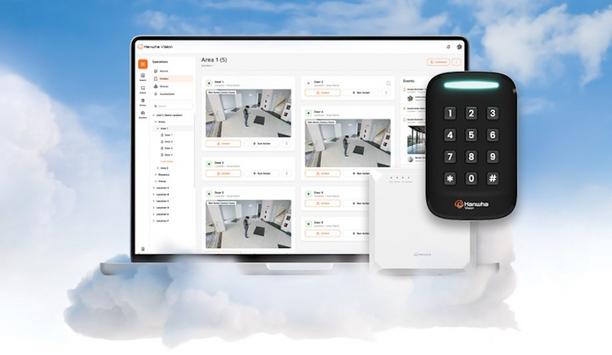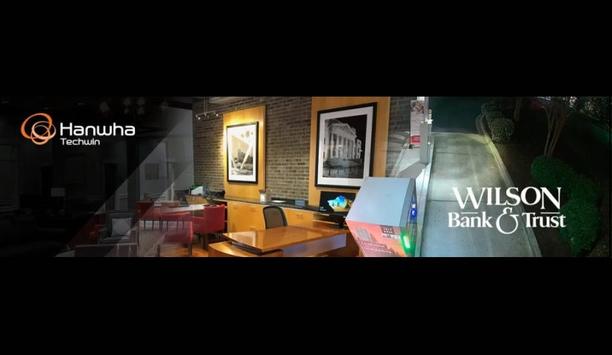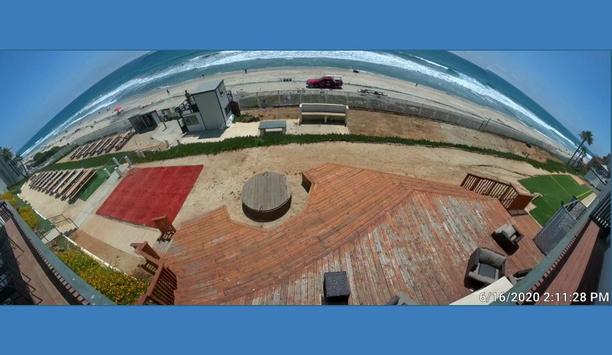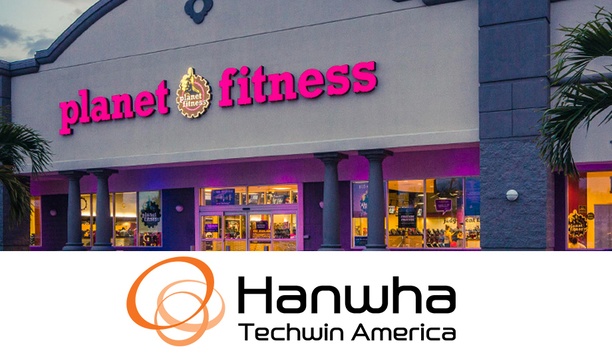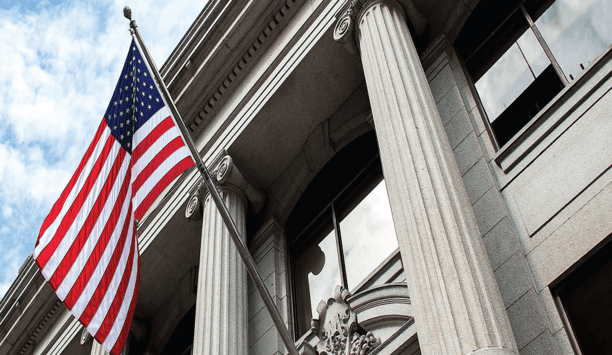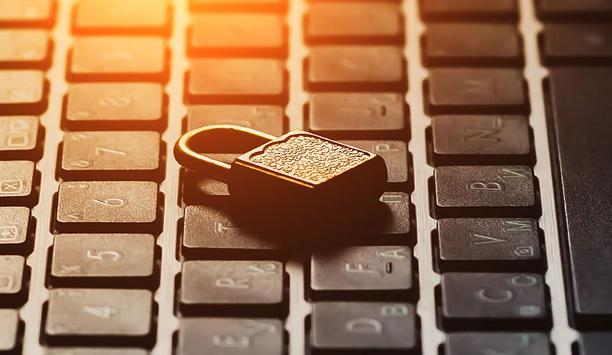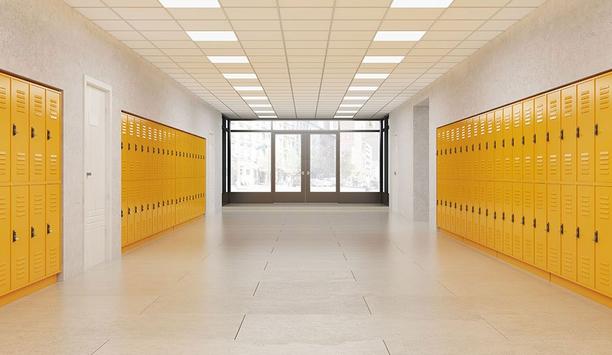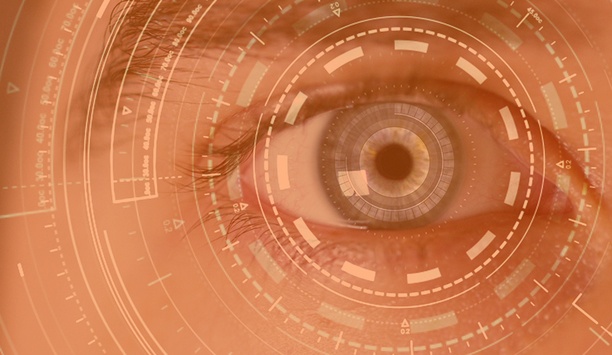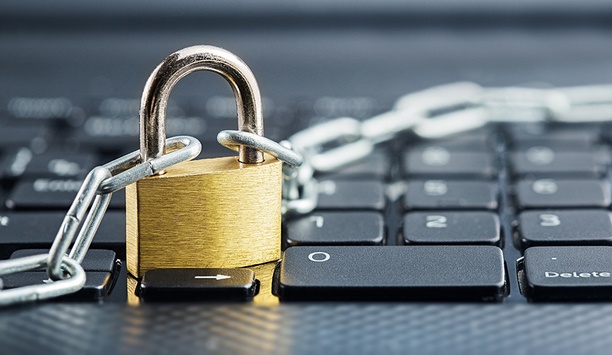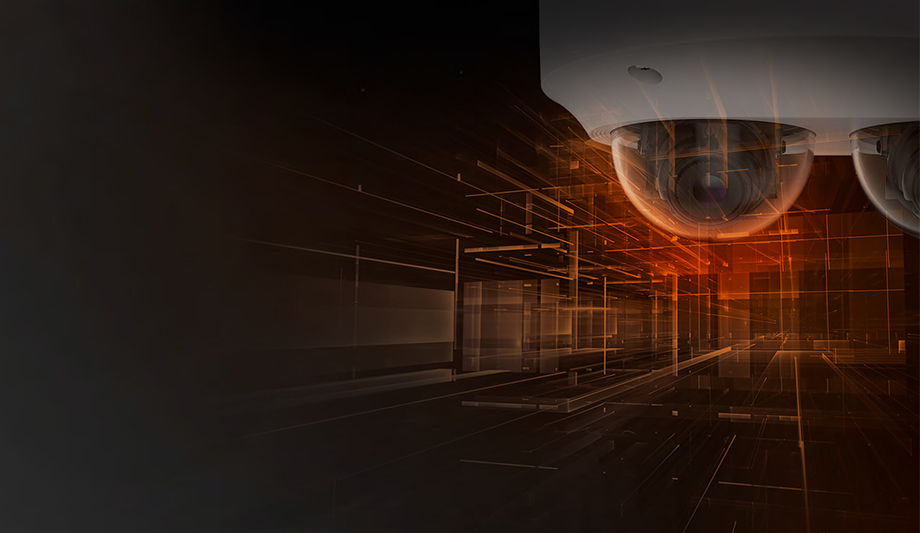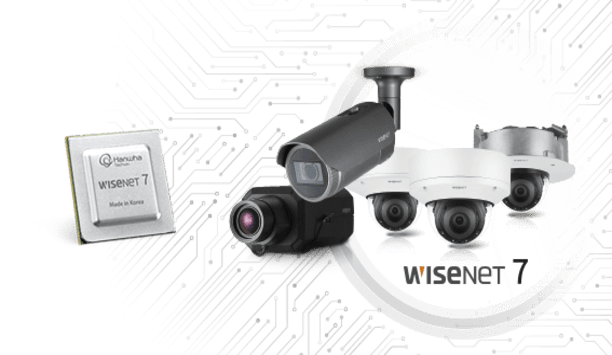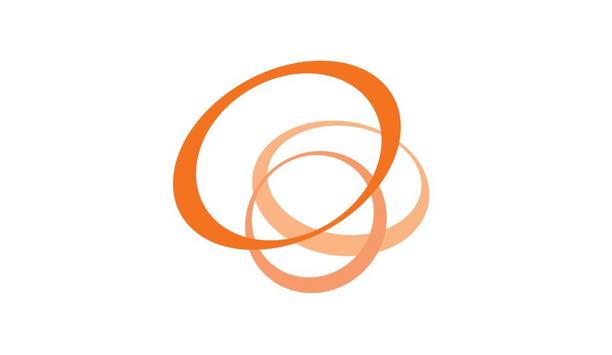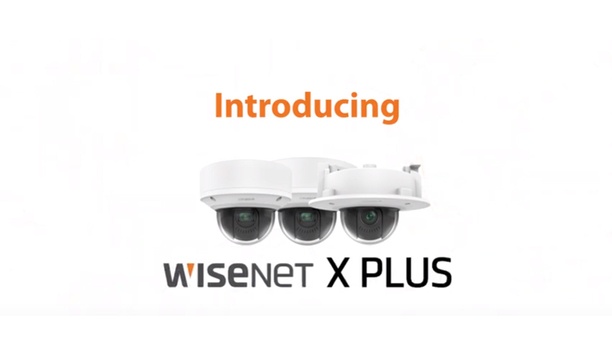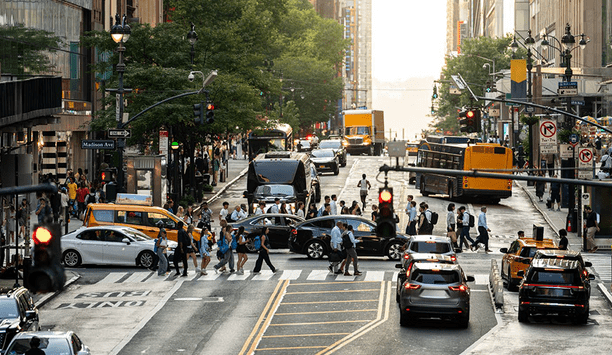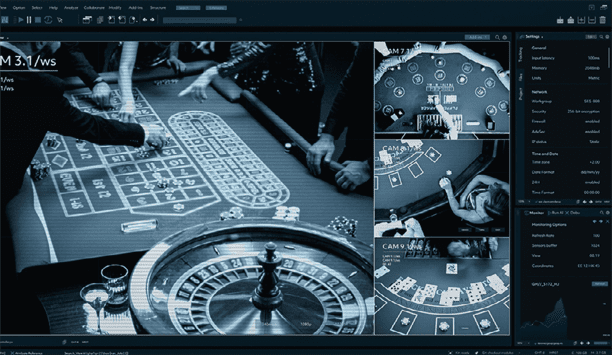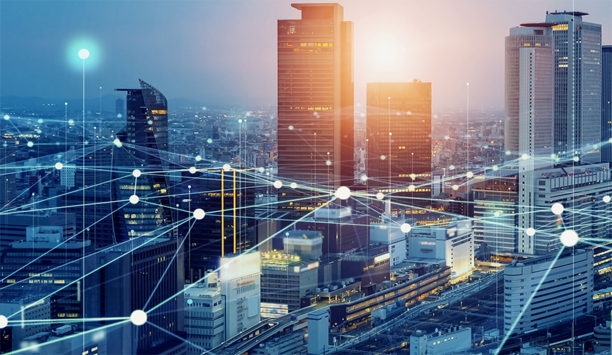
What Impact Did The Larger Economy Have On Security In 2020?
- COVID-19 pandemic led to security industry economic challenges and emerging opportunities in 2020.
- Security marketplace faced economic downturn influences despite adaptation to new business challenges.
- Security industry success offset by broader economic challenges, affecting market dynamics in 2020.
Editor Introduction
As a subset of the larger economy, the security industry is bound to feel the effects of an economic downturn. Such was the case in 2020 when the COVID-19 pandemic undermined economic growth and presented a brand new set of challenges to business. The security industry has been able to pivot toward emerging opportunities, but that success has been offset by broader economic challenges. We asked this week’s Expert Panel Roundtable: What impact, positive or negative, has the larger economy had on the security marketplace in 2020?
When I started in the security industry 20 years ago, someone told me that I had made a great choice “because in bad economic times companies invest in their business and in good times companies always have money to invest.” Companies need to invest in new security technology to ensure their workplace and employees are safe. However, the impact of COVID-19 has caused businesses to reevaluate their budgets and overall expenditures. As such, the larger economy has made it paramount to demonstrate both the short-term and long-term ROI on security technology investments. In fact, in a recent survey of Axis partners in the U.S, security leaders cited that cost of ownership for long-term investments (25%) and ROI for short term investments (21%) were concerned for customers. It’s imperative that security manufacturers, integrators, and end-users take a pragmatic, customized approach to invest in integrated technology to ensure customers’ needs are met.
COVID-19 and its impact on the global economy have been felt by countless people across the globe. North America is no exception. With the unemployment rate at record highs, businesses shutting down, the resurgence of COIVD cases, and the recent presidential election, the U.S. economy is in a fragile, volatile, and unpredictable state. The combination of these factors has negatively impacted the security and surveillance market. And while there is a moderate demand for social distancing, COVID, and AI-related products and solutions, we have seen a decrease in demand in traditional security in markets such as retail, transportation, education, and hospitality. The continued state and local mandates for social distancing and travel restrictions certainly put more strain on the prospect of an economic recovery in the short term.
In short, the larger economy has negatively impacted the security marketplace as the most business has declined. The need for security technology hasn’t disappeared, but now there are difficulties in installing it. Additionally, throughout the Western world, entertainment, hospitality, and restaurants have taken a huge hit and won’t be investing in security. However, the current state of affairs has also spurred some new, innovative ways of using an existing technology – such as temperature detection, crowd detection, and smart city solutions including occupancy detection and social distancing. Touchless technology is another area of development where you see frictionless solutions coming into higher demand. These existing technologies are being used in a different way, bringing with them a renewed utilization that might not have existed without the COVID-19 pandemic. This has given the security industry an opportunity to pivot and innovate existing solutions for pandemic and non-pandemic related uses.
As reported by the analysts at Memoori, the events this year have seen an overall contraction of 7% in the security industry globally, breaking a 10-year positive growth running streak. However, all signs are that 2021 will see a return to growth, and whilst the downturn has affected our industry, it has been to a lesser scale than say retail or hospitality. On the positive side, the pandemic has really shown how adept our industry is in responding to outside events in a very rapid fashion. Look at the uptake in the use of thermal cameras for elevated temperature screening, the development of Face Detection and thermal readers in the access control space, and the release of Track and Trace and Occupancy Management tools for access control software, to assist a more worry-free return to a socially distanced working environment. I have every faith that the security industry will continue to be just as productive and innovative as we carry on defeating the Pandemic.
Editor Summary
COVID-19 has presented a weighty challenge to the overall economy in 2020 although there were bright spots for the security market. In the end, the slowing economy took a toll on the business of security, even as new opportunities emerged for industry growth in years to come.
Hanwha Vision America products
Hanwha Vision America news
At ISC East 2025, Hanwha Vision is showcasing a range of high-performance surveillance solutions designed to elevate the security experience and transform an organization’s total operations. Attendees can see the future of security technology at Booth 507, ranging from AI cameras equipped with the Wisenet 9 System on Chip (SoC); to the new OnCAFE access control platform; to DesignPro, an intuitive project design and management resource. Hanwha Vision’s exhibit at ISC East demonstra...
Hanwha Vision is showcasing the future of security technology at GSX 2025 (Booth 2326), featuring its new Wisenet 9 System on Chip (SoC) and a growing suite of cloud-based solutions, including the new OnCAFE access control platform. Hanwha Vision will demonstrate how its latest technology simplifies security management, while providing powerful, intelligent, and scalable protection for any organization. Attendees will experience a full line of AI-powered cameras and devices supported by an...
Hanwha Vision is opening new doors for security applications with the launch of OnCAFE (Cloud Access For Everyone), a cloud-hosted Access Control as a Service platform and the latest tool in the company’s expanding line of cloud-based solutions. Delivering a user-friendly, scalable, and cost-effective option for access control needs, OnCAFE reduces the deployment challenges traditionally associated with system initialization, device, user, and software management. Han...
Hanwha Vision America case studies
Wilson Bank & Trust, member FDIC, is an independent, community-based bank that began operating in Tennessee, USA in 1987. They have mortgage offices, operations centers, ATMs and branches located in and around Middle Tennessee that serve the city and surrounding rural areas. In total, they have operations and security at approximately 40 locations. One of the keys to their on-going success is their continuous search to improve their offerings. This drive extends to their physical security a...
Hanwha Techwin America, a global supplier of IP and analog video surveillance solutions, has announced that Army and Navy Academy, a college preparatory military boarding school in California, has upgraded its security infrastructure with Hanwha security cameras. Located on a 23-acre beach-front property, the Army and Navy Academy is home to more than 300 students and employs more than 140 faculty and staff members. Two-fold surveillance upgrade According to Jeffrey Gibson, a system with anal...
Recently, Planet Fitness, with the help of their preferred system integrator Adirondack Direct, incorporated a video surveillance solution from Hanwha Techwin and Genetec that not only enhances security, but also improves operations. When leadership evaluated security at their 70-plus corporate run locations a few years ago, they chose to incorporate a video surveillance solution that would address security needs and would be advanced enough to help with management and operations. Each of...
Hanwha Vision America white papers
Hanwha Vision America virtual events
Hanwha Vision America videos
Expert commentary
Security beat







